Events
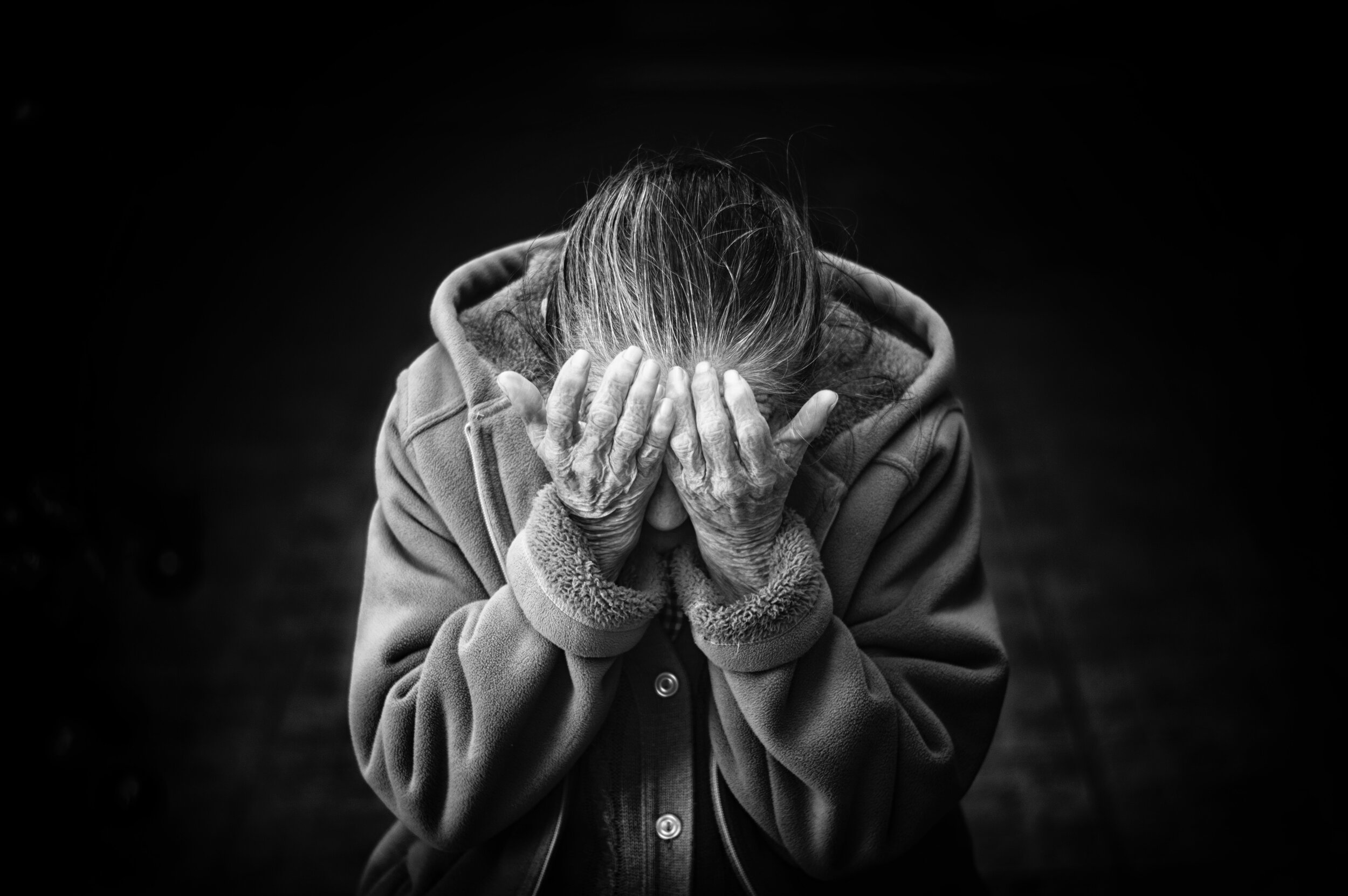
Losses of loved ones, losses of jobs, relationships ending, lack of being able to see our loved ones, and more, all have a significant impact on us. When experiencing a loss of any kind it’s normal to experience a variety of emotions including guilt, anger, fear, and shock. There are coping strategies to care for yourself as you process loss and feelings of grief, in addition to seeking support from friends, family, and maybe even a therapist. Seeking some strategies to assist in coping with the process of grief as we transition to a new period, here are a few:
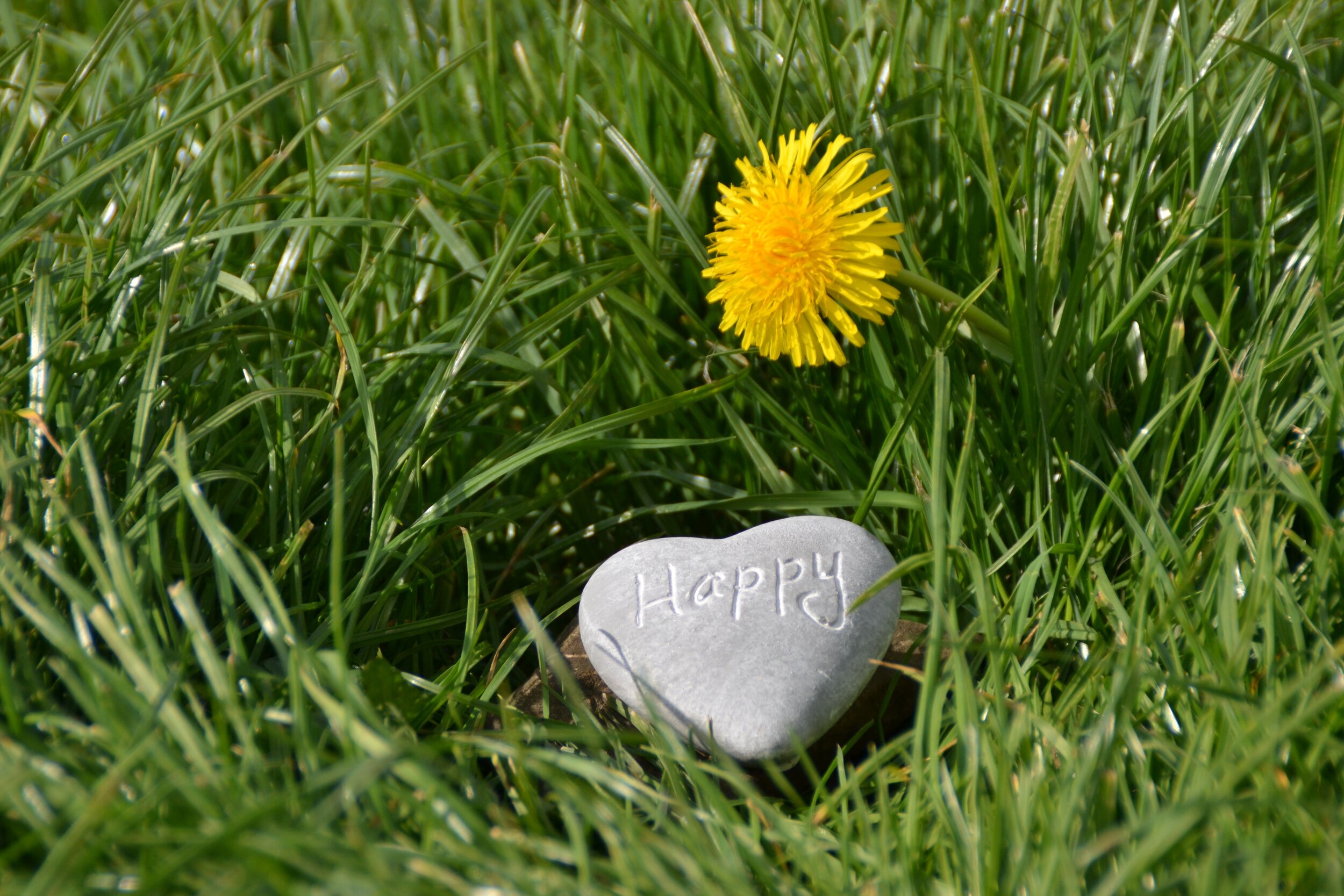
We can improve feelings of happiness through changing our thoughts, behaviors, and circumstances. Research has largely focused on changing our thoughts with lots of published strategies to help with changing our thoughts. Within this there are some strategies that you can use to change negative thoughts into being more positive, and thus happier overall.
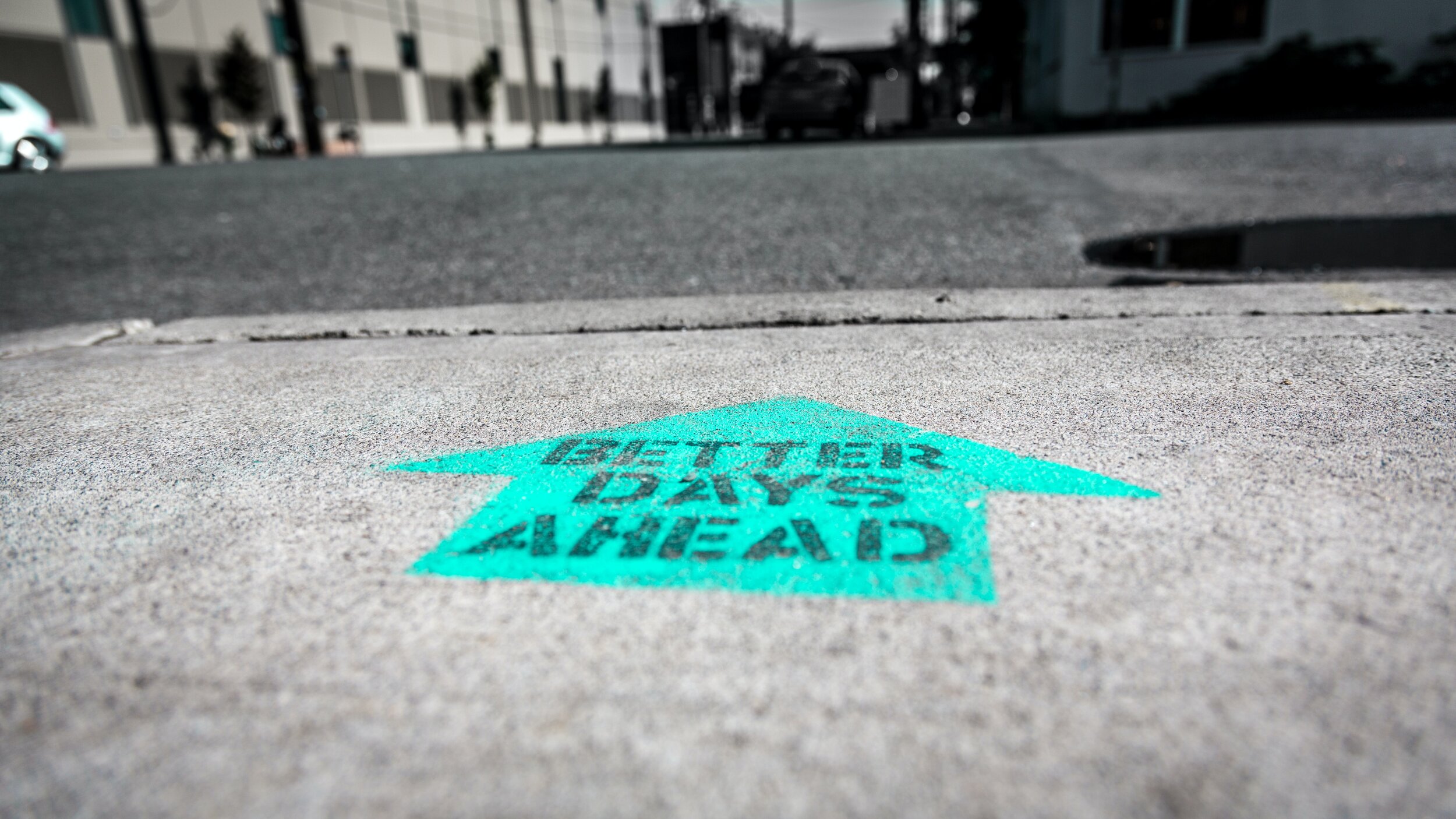
As we grow, our families hope that we remain healthy, feel satisfied with our careers, have satisfying friendships and romantic relationships, and feel positive overall about our lives. Are there factors that might impact the transition from adolescence to adulthood, ensuring we feel positive about these life transitions? Absolutely.
Research suggests that a teen’s affect, particularly positive affect, is a critical factor impacting positive outlook. So what is affect? It’s the tendency to express positive or negative emotions, which in turn influences how we experience things and determine whether to judge a given situation as positive or negative.
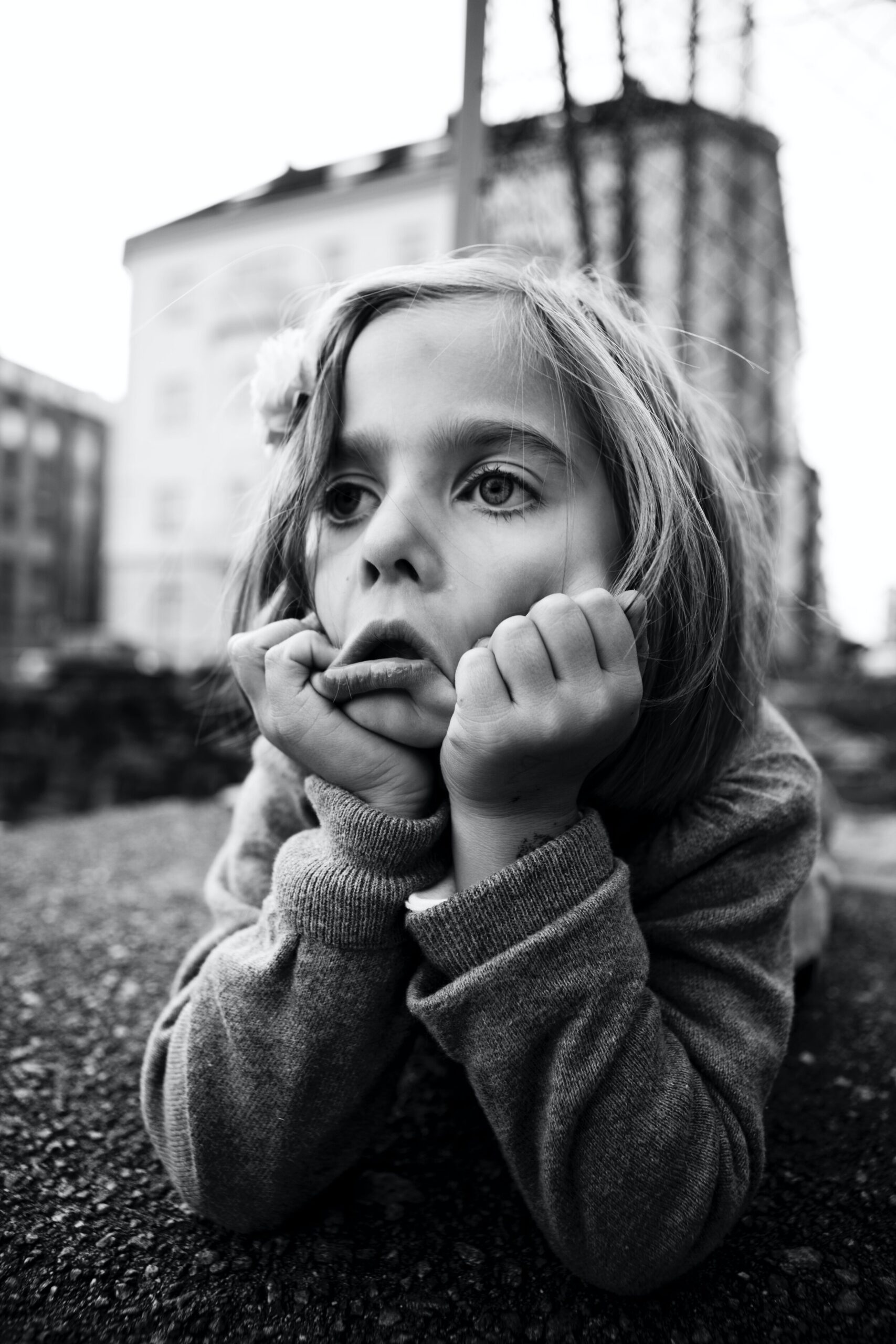
COVID-19 has brought us a year of anxious uncertainty. Sheltering in place, working remotely, or facing daily hazards as essential workers, we’ve been unable to see our extended families, meet a friend for coffee, or even go to the gym, a sports game, concert, or movie. Some of us have lost loved ones, leaving a heartbreaking hole in our lives. All of us have lost touch with the normal rhythms of life. With no breaks in routine and fewer simple pleasures, the past few months have been an endless blur. Recent studies have shown that depression rates in America have tripled since the pandemic began (Berman, 2020).

With the pandemic forcing many of us to stay inside as much as possible, most therapists are meeting their clients virtually at present, in order to protect others and remain safe. While there has been an adjustment to navigating virtual therapy, there have been many benefits to being able to transition to more virtual opportunities for therapy.
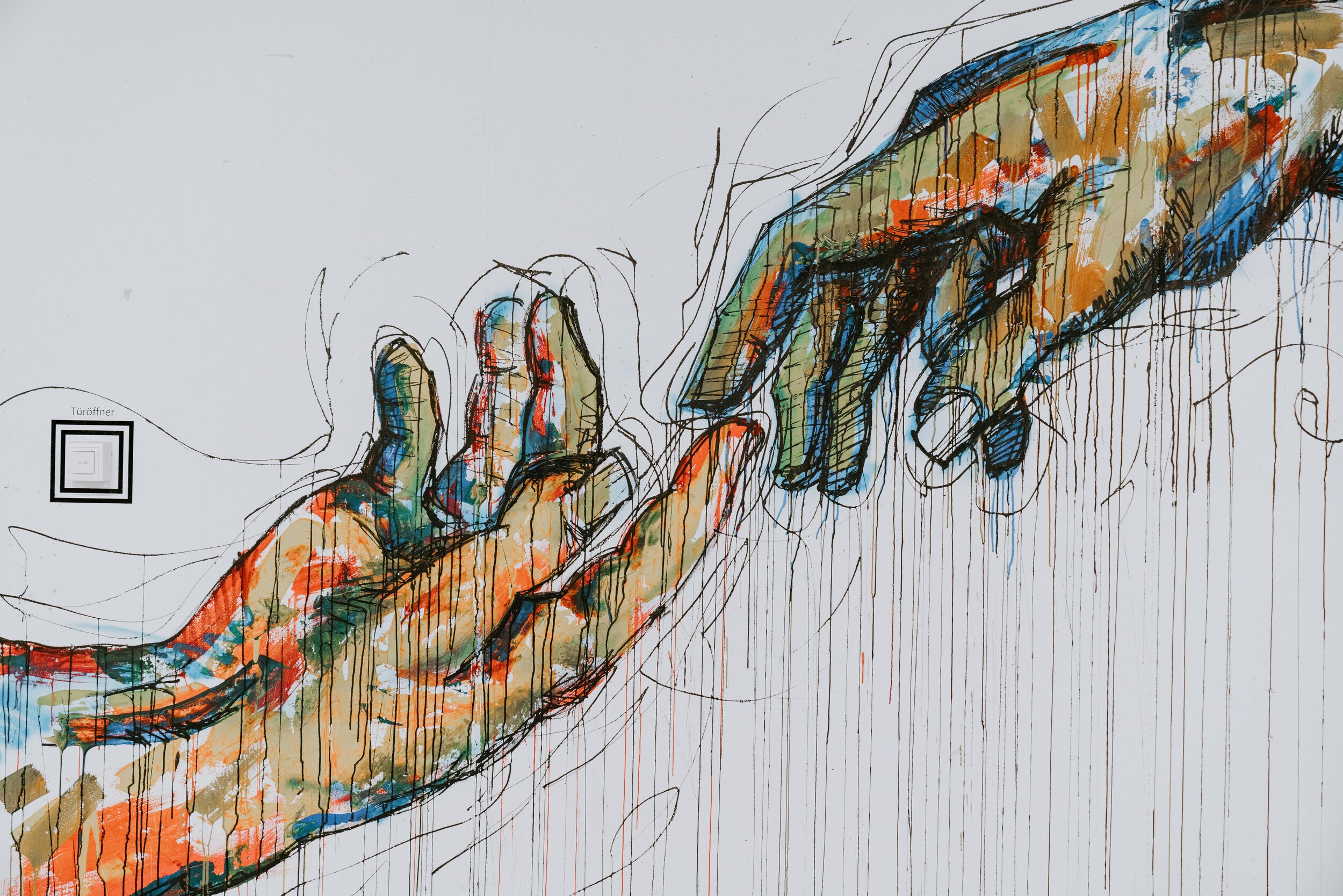
Being in a relationship with someone who has a trauma history can be uniquely challenging at times. In many cases, individuals who experience trauma may behave in ways that are hard for their partner to understand. They may experience panic attacks, express distrust, escalate quickly to anger, or become disengaged. As trauma can interrupt emotional processing, those who have experienced trauma often struggle to articulate what is really going on inside of them. This can cause conflict and miscommunication, and it can make it difficult for well-intended partners to know what kind of support to provide. If this sounds a bit like your experience, not to fear! There are ways to become a trauma-informed and compassionate partner while also maintaining your own boundaries and safety within your relationship.

Often when we think of Valentine’s Day we think about hearts, love, gifts, and planning. For many who struggle with anxiety or worry thoughts, Valentine’s Day can be full of worries around disappointing someone else. Worries around being alone and your future relationships can also come to mind if you do not have a partner. For those struggling with depression, cynical thoughts around the unworthiness of finding love, cynical thoughts around the commercialization of the holiday, or hopelessness around finding a partner may occur. With so many thoughts like these, it is likely that Valentine’s Day can be difficult for many!

Whether you’re in a relationship or not, focusing on self-love and kindness is crucial in order to support and love others as well. Often when we are single during Valentine’s Day we can feel frustrated with extravagant gifts, or feeling we have to buy presents. While we may have varying opinions on Valentine’s Day, we know it’s celebrated so why not take advantage of it and celebrate you?

As holiday stress and all the other stressors courtesy of 2020 begin to lessen, it’s time to look forward into the new year. If you’re managing symptoms of depression or anxiety in the new year, we’ve come up with a few new strategies for you to implement into your 2021 plan to help you start feeling better.

While many of us cannot wait for 2020 to end and feel 2021 will be better no matter what, there may still be some individual resolutions we can all consider, not only for our physical health but our mental health as well. Research has shown that there are certain strategies that improve mood and reduce the risk for mental health concerns. The ten strategies below are simple resolutions you might consider that can have a big impact on your well-being as we ring in 2021.